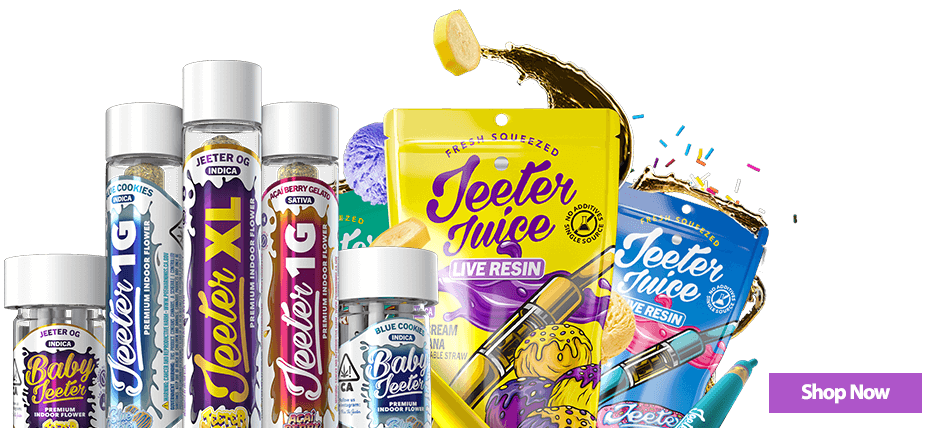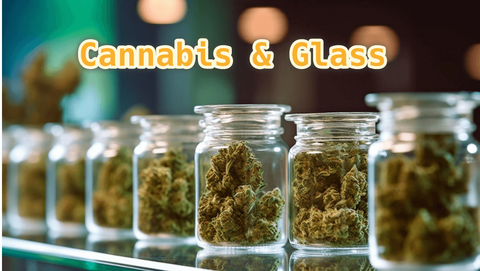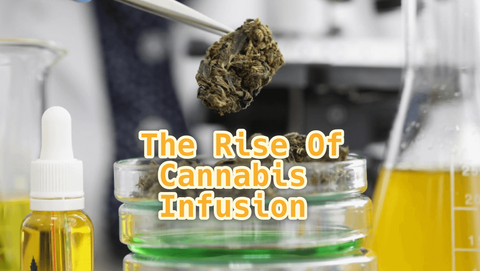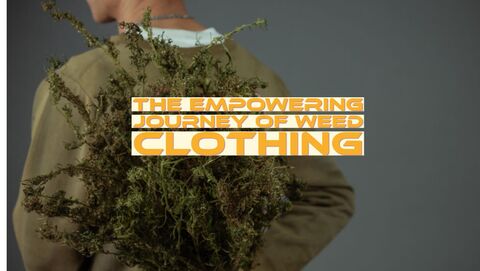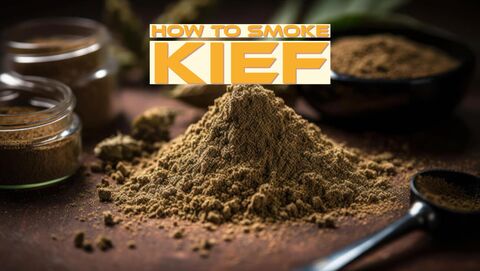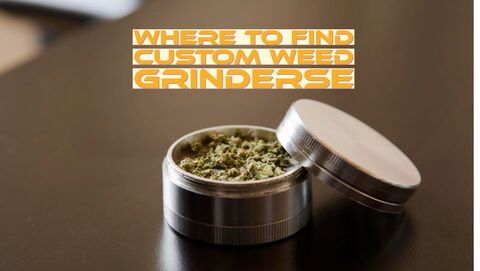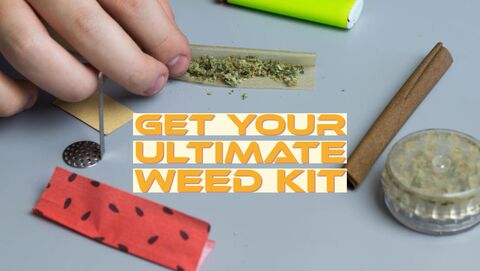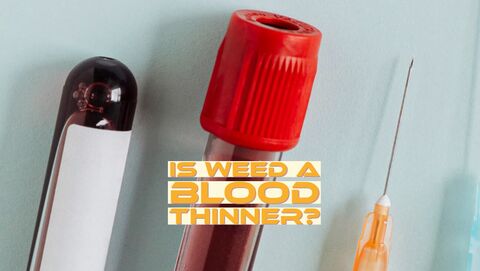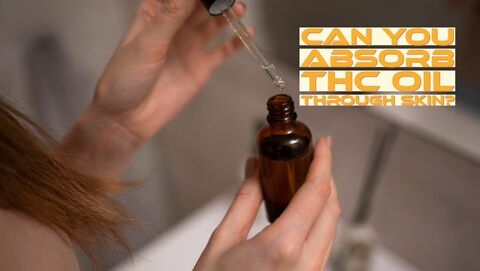Latest Blog Posts
Top rated
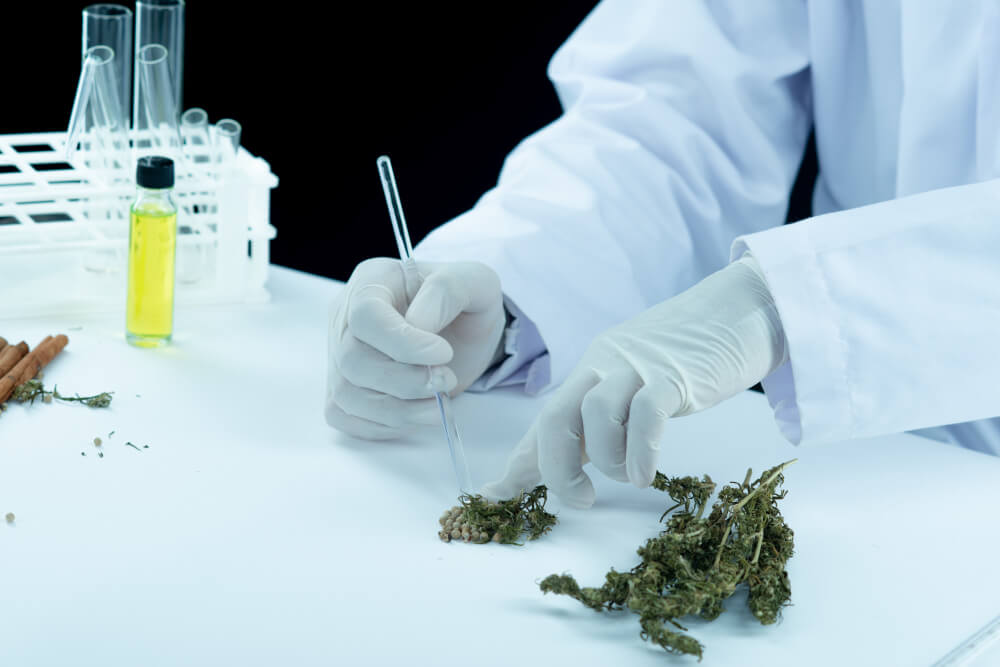
CBD, THC, and CBD Oil Safety Tips
There are thousands of different CBD oils in the market, some without THC (the psychoactive ingredient in marijuana), some with very little, and many with a lot of THC. These products are sold in dispensaries as raw CBD oil for pre-filled capsules or other methods.
This is a problem because marijuana is illegal in the UK, and the purchase of CBD oil is also prohibited. If you have no other choice, you should understand the difference between “legal” and “safe” to use. It is legal in all EU countries except Greece, Spain, and Luxembourg.
Some products claim to be pure CBD oil; some do not even claim to be pure; some contain THC; some have both THC and CBD, all of which claim to treat certain conditions such as epilepsy or chronic pain. Even if the product claims to help you with the condition(s) for which you have been diagnosed, you may not be able to try it safely. If that doesn’t work for you, you can still get arrested for buying cannabis.
There is a lot of confusion about what to do if someone has consumed too much CBD or got too much THC from an unregulated source (like a local dispensary). If there is any doubt about safety or efficacy (i.e., no negative feedback on the product), don’t use it! If there are negative product reviews (i.e., patients say their condition does not improve with a particular product), stop using that product immediately.
If something sounds too good to be true, it is probably not safe or effective enough for our customers with legitimate concerns about drug safety.
CBD Safety
Safety should come first in what we do. We want to design safe products for consumers, and we want to make it as easy as possible for them to know what they are getting. And we believe that if we do our job well, everyone will be safe and sound.
Some of the most common questions about CBD safety are:
Q: Is CBD oil safe?
A: Yes. It is entirely legal in all 50 states (including Washington and Oregon). It is recognized by the Federal Food and Drug Administration as a dietary supplement with no significant side effects (unless you exceed the recommended dose).
Q: What are the side effects of CBD?
A: It is best to avoid long-term use, and no long-term side effects have been noted from chronic use of any amount of CBD oil. However, people have experienced panic episodes in rare cases after taking small amounts of CBD oil. These attacks usually last less than 10 minutes and may be accompanied by anxiety or panic attacks. If you feel stressed or anxious after using CBD oil, reduce your dosage until you feel relief. If your anxiety persists or worsens, seek immediate medical attention.
Q: Can I get high from CBD?
A: No. The active ingredient in cannabis is THC, but because it is non-psychoactive (i.e., it doesn't produce a “high”), it doesn’t pose a threat to those who take it. Hemp extracts without consuming extra THC — unless they exceed recommended dosage levels
Q: Is there any ongoing research on cannabis and its therapeutic properties?
A: Yes! Research has been conducted on numerous cannabinoids found in the cannabis plant, such as cannabidiol (CBD) which has shown promise in relieving symptoms related to pain, inflammation, anxiety, and depression. You can read more about some of these studies here.
How to Use CBD
The of purchase CBD oil is almost entirely unregulated and does not follow the same safety standards as other medicinally derived products. That means that it is virtually impossible to tell what you’re getting and how it works. For this reason, I think it is essential to provide as much information as possible about CBD supplements, including:
What is CBD Oil?
CBD Oil is derived from hemp, a plant with more than 100 known collectively as cannabinoids. These cannabinoids are responsible for the psychoactive properties of the cannabis plant (why we get high). But unlike THC, these compounds have minimal psychoactive effects — they don't get you high — so most people use them for their medical benefits.
CBD contains more than 40 different Phytocannabinoids (chemicals found in plants), including cannabidiol (CBD) and tetrahydro cannabidiol (THC), which have more than 100 known compounds. They bind to receptors in your body that respond to signals from the brain and body that regulate mood, pain, inflammation, sleep patterns, and memory function. They also control anxiety and stress.
There are two types of cannabinoids: CB1 and CB2 receptors, located in the brainstem or spinal cord below the neck. CB1 receptors are found mainly in the heart, lungs, stomach, and intestines; CB2 receptors are primarily found in the immune and central nervous systems.
How is CBD used?
You can use CBD oil daily or under medical supervision as directed by your doctor or pharmacist. You can also take CBD extract orally or sublingually. To help you decide which route is best for you, here are some common ways to take CBD:
Oral — You can put the medicine directly into the mouth using a dropper or a syringe. If you are using a syringe, follow all directions on the bottle carefully. If you are using a dropper, be sure to push the cheese into your mouth slowly at all times. Take only as much liquid as you need. Do not take more than one full dropper at a time until you are familiar with using the syringe.
Sublingual — For sublingual use, place about an inch of the oil under your tongue before swallowing it completely; Do not chew or swallow whole but put just enough in your mouth so that you barely taste it (it will go through your lips).
CBD Benefits
When it comes to cannabis, there are many different opinions on how to use it and how much to use. One of the most common questions is: Is CBD oil safe?
One of the biggest myths about CBD is that it is unsafe. Many people will tell you that CBD is dangerous. Most people who believe in this have never taken CBD and are just making a mistake in their minds.
If you are new to CBD and have never used it, here are some safety guidelines for using CBD:
● Do not store in direct sunlight.
● Do not store in a way that allows sunlight to get into your home.
● Do not store near heat or fire. Do not leave the product on an overnight work schedule.
● Do not eat food containing this substance (especially if they have been sitting for several hours).
The above findings can be taken as general guidelines. However, I encourage anyone who uses or regularly uses cannabis products to familiarize themselves with all safety precautions before trying them.
The Bottom Line
As Medscape reported, “CBD has been found to have anti-inflammatory properties, which may help to reduce pain and inflammation in the body.” While this is encouraging news for CBD, it is also important to note that CBD can interact with other medications in several ways, including other cannabinoids like THC. Therefore, it is wise to be aware of the side effects of CBD use.
In the meantime, here are some tips for using CBD safely:
1) Always consult your physician when using any medication.
2) Do not exceed the recommended dose or use with other medications.
3) Do not drive or operate heavy machinery after taking your dose.
4) Do not operate heavy machinery for at least 24 hours after taking your dose.
5) If you experience agitation after taking your dose, stop and contact a medical professional immediately, as anti-anxiety drugs may cause agitation as well (but Xanax is more likely than CBD). This is particularly true if you have PTSD or anxiety disorders (which may be exacerbated by the administration of THC).
Disclaimer: This material is for informational purposes only and should not be relied on for legal, medical, financial, or any other form of professional advice.

